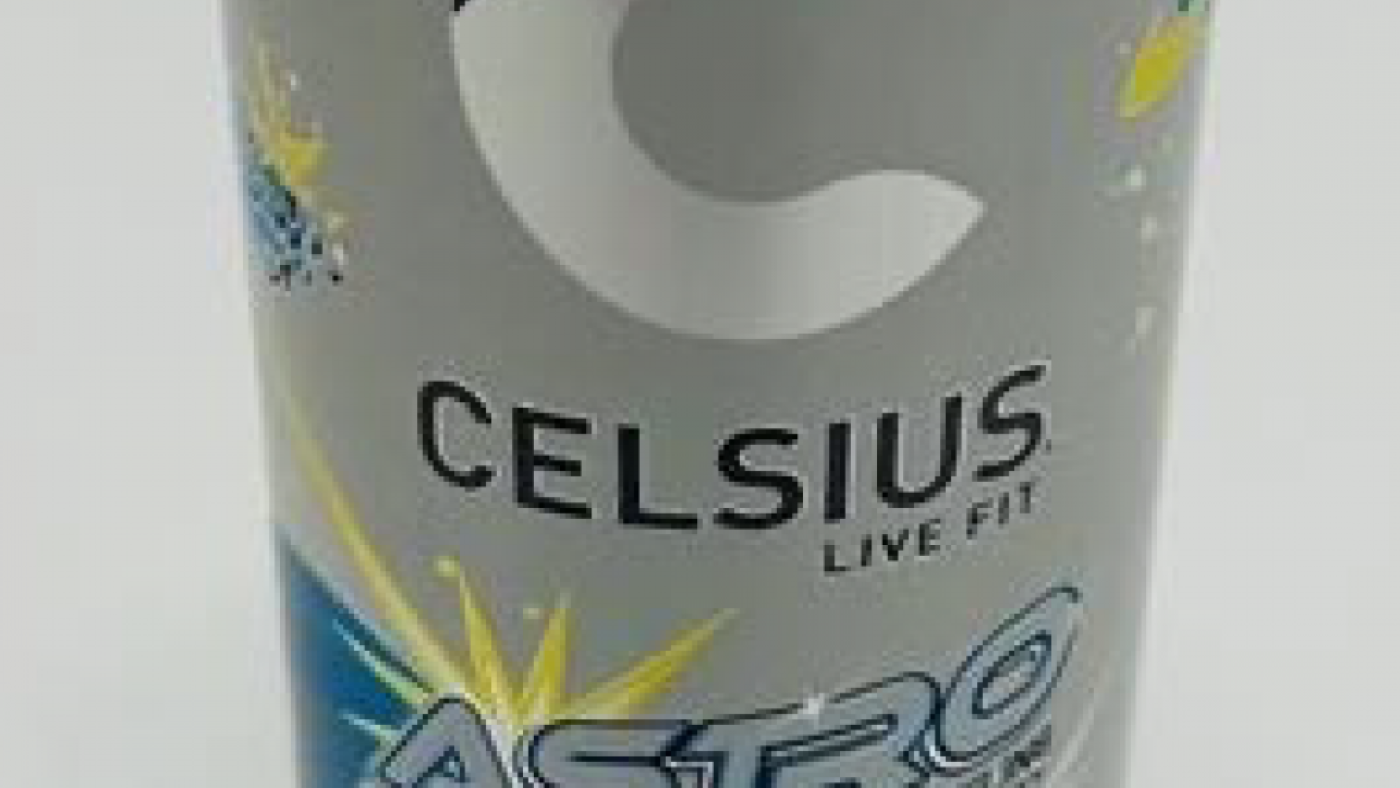The High Noon Recall: A Cocktail of Errors
Introduction
In the world of consumer goods, accuracy and transparency are paramount. A recent incident involving High Noon vodka seltzers and Celsius energy drinks has brought these principles into sharp focus. The mislabeling of High Noon products as Celsius energy drinks has not only raised concerns about consumer safety but also highlighted the critical importance of robust quality control measures in the supply chain. This incident serves as a cautionary tale for the beverage industry, underscoring the need for vigilance and proactive measures to prevent such errors.
The Mislabeled Mix-Up
The core of the issue lies in a packaging error where cans of High Noon vodka seltzer were inadvertently labeled as Celsius Astro Vibe Energy Drink. This mistake occurred within a limited number of High Noon Beach Variety 12-packs, which were shipped between July 21 and July 23, 2025. The mislabeling was promptly identified and announced through a recall notice issued by High Noon, with the U.S. Food and Drug Administration (FDA) subsequently reporting the incident.
The error originated from a shared packaging supplier, revealing a vulnerability in the supply chain where products from different manufacturers could be mixed up. This underscores the necessity for stringent quality control measures at every stage of production and distribution. The shared supplier model, while potentially cost-effective, introduces a risk that must be managed through rigorous oversight and verification processes.
The Potential Consequences
The mislabeling presents several significant risks to consumers. The most immediate concern is the unintentional consumption of alcohol by individuals who believe they are drinking a non-alcoholic energy drink. This could be particularly problematic for those who avoid alcohol for health, religious, or personal reasons. The deception could lead to situations where individuals unknowingly consume alcohol, potentially engaging in activities such as driving, which could result in dangerous and illegal consequences.
Moreover, the deceptive labeling could lead to adverse health effects for certain individuals. Those with sensitivities to alcohol or those taking medications that interact negatively with alcohol could experience harmful reactions. The potential for unsuspecting consumers, including minors, to consume alcohol raises serious ethical and legal implications for both High Noon and Celsius. The incident underscores the importance of accurate labeling in ensuring consumer safety and informed decision-making.
Understanding the Recall
A recall is a voluntary action taken by a manufacturer or distributor to remove a product from the market that is either defective or potentially harmful. In this case, High Noon initiated the recall to prevent further distribution and consumption of the mislabeled products. The FDA plays a crucial role in overseeing recalls, ensuring that companies take appropriate steps to notify consumers and retrieve the affected products.
The recall process typically involves several key steps:
In the case of the High Noon recall, the company has likely worked with retailers to remove the affected 12-packs from shelves and has provided information on how consumers can identify and return the mislabeled products. The swift action taken by High Noon demonstrates the company’s commitment to consumer safety and the importance of transparent communication in managing such incidents.
The Impact on Brand Reputation
Product recalls can significantly impact a company’s brand reputation. Consumers rely on accurate labeling to make informed decisions about the products they purchase. When a company fails to provide accurate information, it can erode consumer trust and confidence. The High Noon recall raises questions about the company’s quality control procedures and its ability to prevent errors in the packaging process.
However, the way a company handles a recall can also influence consumer perception. Transparent communication, prompt action, and a sincere effort to rectify the situation can help mitigate the damage to brand reputation. By taking responsibility for the error and working diligently to resolve it, High Noon can demonstrate its commitment to consumer safety and regain the trust of its customers. The incident serves as a reminder that proactive measures and effective communication are essential in maintaining brand integrity.
Lessons Learned and Future Prevention
The High Noon recall offers valuable lessons for the beverage industry and highlights the importance of robust quality control measures throughout the supply chain. Several steps can be taken to prevent similar incidents from occurring in the future:
A Toast to Prevention
The High Noon mislabeling incident serves as a stark reminder of the importance of vigilance in the beverage industry. While the situation was handled swiftly and effectively, the potential consequences of such errors highlight the need for continuous improvement in quality control and supply chain management. By learning from this experience and implementing preventative measures, companies can safeguard consumer safety, protect their brand reputation, and ensure that the only surprise in their beverages is the refreshing taste. The incident underscores the critical role of accuracy and transparency in building and maintaining consumer trust.







